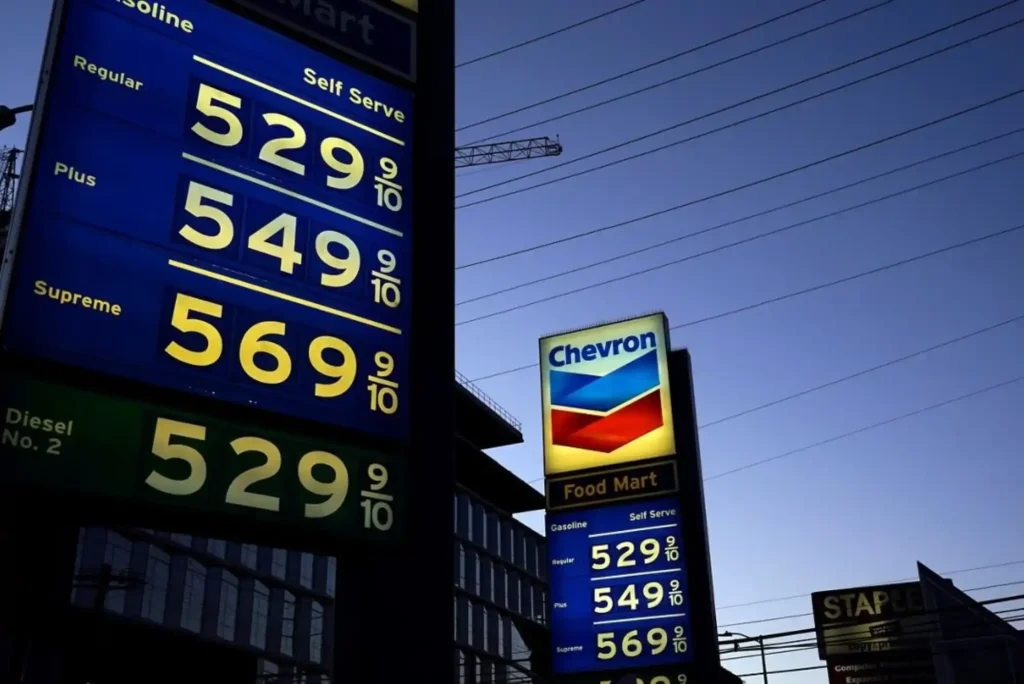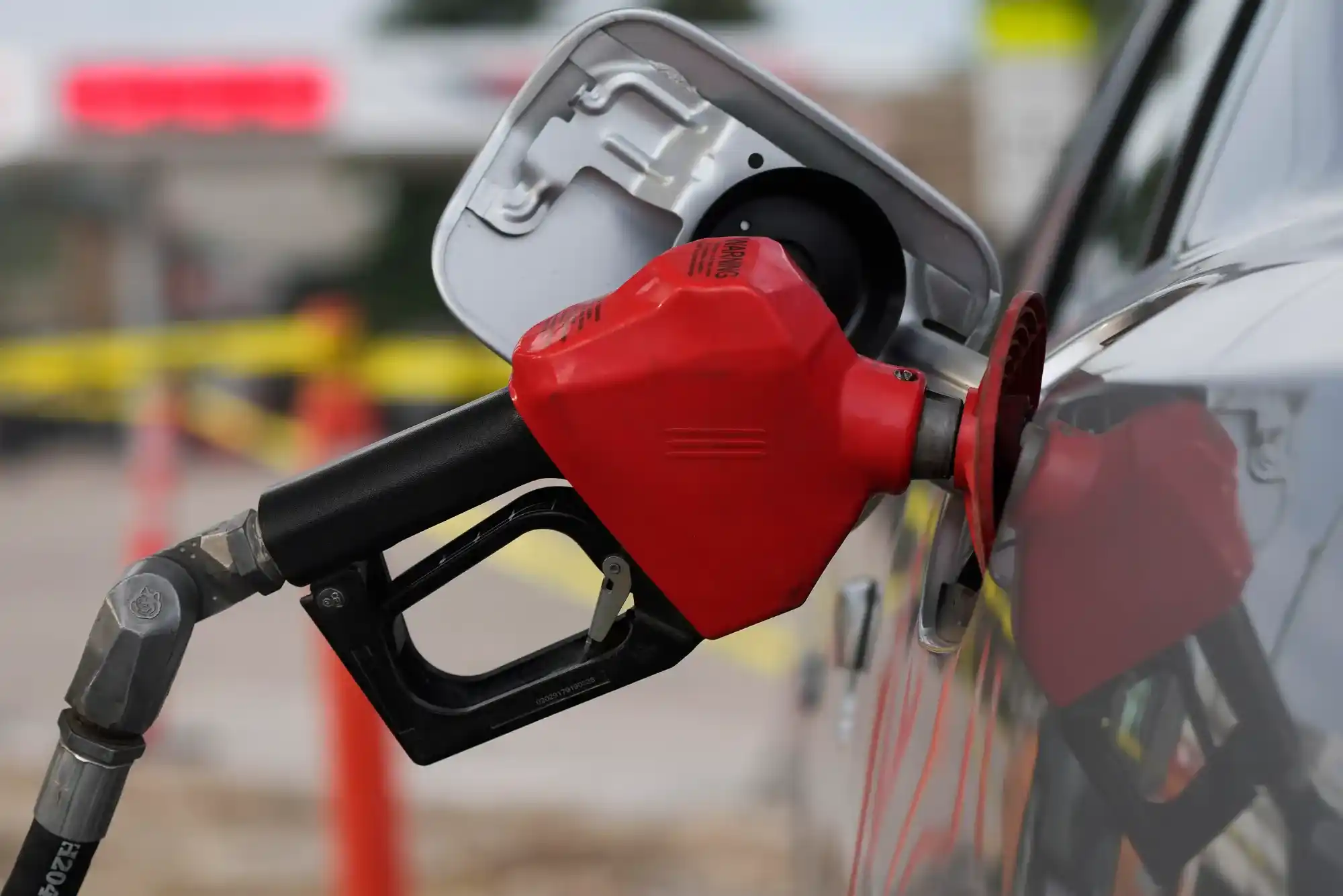Introduction
Gas prices play a crucial role in the daily life of residents in Alexandria, LA. They influence not only individual households but also businesses and transportation services, making it essential to understand how these prices fluctuate. From commuting to work to fueling up for long road trips, gas prices Alexandria LA significantly impact the region’s economy and lifestyle. This article explores the factors driving these fluctuations, historical trends, local comparisons, and practical tips to manage gas expenses.
Table of Contents
- Overview of Gas Prices in Alexandria, LA
- Factors Influencing Gas Prices
- Global Crends
- Regional Refinery Operations
- Local and State Taxes
- Historical Trends in Gas Prices
- Comparison with Neighboring Areas
- Tips for Saving on Gas in Alexandria
- Future Projections for Gas Prices
1. Overview of Gas Prices in Alexandria, LA

Gas prices in Alexandria are influenced by a combination of global and local factors. Residents and visitors alike experience fluctuations in fuel costs, which can impact travel plans, business operations, and household budgets. The complexity of these factors requires a detailed understanding of how prices evolve over time.
2. Factors Influencing Gas Prices
Several variables contribute to the variation in gas prices Alexandria LA. Understanding these factors is essential for grasping why prices may rise or fall.
a. Global Trends
The most significant factor influencing gas prices worldwide, including Alexandria, is the global market for crude oil. Oil, being a finite resource, sees fluctuating prices influenced by geopolitical events, economic policies, and production levels. For instance, if global crude oil prices rise due to tensions in oil-producing regions or a decrease in global supply, this leads to a surge in gas prices. Conversely, if global supply outpaces demand, prices may drop.
Additionally, organizations such as OPEC (Organization of the Petroleum Exporting Countries) play a substantial role in regulating the global oil market. Decisions made by these organizations directly affect local fuel costs as they control oil production levels and pricing.
b. Regional Refinery Operations
Louisiana has a robust network of refineries that play a critical role in producing gasoline. These refineries process crude oil into fuel, and their operational capacity directly affects gas prices Alexandria LA. For example, if a refinery is undergoing maintenance or operating at reduced capacity due to equipment issues, fuel supplies can become constrained, leading to higher prices.
Moreover, logistical challenges such as pipeline disruptions or natural disasters can create supply shortages, driving prices higher in Alexandria and surrounding areas.
c. Local and State Taxes
Taxes also significantly influence gas prices. In Louisiana, both state and federal taxes are imposed on each gallon of gasoline sold. The state’s gas tax, in particular, has a direct impact on fuel prices in Alexandria. Louisiana’s tax on gasoline is designed to fund road maintenance and infrastructure improvements, but it adds a fixed amount per gallon, contributing to higher fuel costs. Additionally, environmental regulations and biofuel mandates can raise refining and distribution costs, further increasing gas prices.
3. Historical Trends in Gas Prices
Understanding past trends in gas prices Alexandria LA offers valuable insights into how these prices have evolved over time. From fluctuations during economic downturns to spikes during periods of high demand, the historical data paints a vivid picture of the regional impact of global trends.
The table below provides a year-by-year breakdown of average gas prices in Alexandria:
| Year | Average Price per Gallon ($) | Notable Events |
|---|---|---|
| 2018 | 2.15 | Stable economy |
| 2019 | 2.35 | Mild inflation |
| 2020 | 1.89 | Decline due to COVID-19 |
| 2021 | 2.87 | Post-pandemic recovery |
| 2022 | 3.45 | Supply chain disruptions |
| 2023 | 3.20 | Moderate stability |
From this historical data, it is clear that global and regional events, including natural disasters and changes in crude oil prices, consistently impact local fuel prices.
4. Comparison with Neighboring Areas
When compared with other areas in Louisiana, gas prices Alexandria LA generally reflect similar trends, though with some regional nuances. Here’s how prices in Alexandria compare:
- Baton Rouge: Slightly higher prices, reflecting urban demand and proximity to larger cities.
- Shreveport: Comparable prices, though fluctuations are influenced by similar refinery and distribution issues.
- New Orleans: Higher due to greater tourist demand, complex supply chains, and premium logistical challenges.
Alexandria’s gas prices tend to fall in the mid-range when compared to these neighboring cities, providing a balanced perspective for residents.
5. Tips for Saving on Gas in Alexandria
While it’s difficult to entirely avoid the impact of rising gas prices, there are several strategies to reduce spending at the pump. Here are some practical tips:
a. Utilize Fuel Rewards Programs

Many gas stations in Alexandria offer rewards programs that provide discounts for loyal customers. These programs typically allow individuals to accumulate points, which can later be redeemed for reduced fuel prices.
b. Monitor Local Prices
Using mobile apps such as GasBuddy or Waze helps residents track gas prices at various stations in real-time, ensuring they always fuel up at the most cost-effective location.
c. Fuel Up During Off-Peak Hours
Gas stations experience less demand during early morning or late-night hours, often leading to cheaper fuel prices. Avoiding the busiest times can result in significant savings over time.
d. Maintain Vehicle Efficiency
Simple steps like regular tire maintenance, engine tune-ups, and removing excess weight from your vehicle can enhance fuel efficiency, reducing the frequency of gas station visits.
e. Carpool or Use Public Transport
Pooling resources with friends or family, or using public transportation options, helps minimize individual fuel consumption and, subsequently, gas expenses.
6. Future Projections for Gas Prices
Predicting future gas prices Alexandria LA is challenging due to numerous variables, including economic policies, environmental regulations, and geopolitical dynamics. However, analysts anticipate that prices will remain volatile, with potential spikes during high-demand periods such as holidays or extreme weather events.
Moreover, advancements in renewable energy adoption and the increasing role of electric vehicles could gradually reduce dependency on fossil fuels, eventually influencing long-term trends in gas prices.
Gas prices in Alexandria, LA, are influenced by a complex web of global, regional, and local factors. From crude oil market fluctuations to tax policies and regional infrastructure, these elements combine to shape fuel prices, directly affecting residents’ daily lives. By understanding these dynamics and implementing smart savings strategies, Alexandria residents can better manage and navigate fluctuating gas prices.
FAQs About Gas Prices in Alexandria, LA
1. Why do gas prices fluctuate so much in Alexandria, LA?
Gas prices in Alexandria, LA, fluctuate due to a variety of factors, including global crude oil prices, local refinery capacities, regional supply chain issues, and state and federal taxes. Natural disasters, geopolitical events, and changes in demand also contribute to price variations.
2. How do global crude oil prices impact local gas prices?
Global crude oil prices are a significant driver of local gas prices. When the price of crude oil rises due to factors like geopolitical tensions or supply disruptions, refineries experience higher costs, which are then passed on to consumers in the form of increased gas prices. Conversely, a decline in global crude oil prices can lead to lower local gas prices.
3. What can I do to save money on gas in Alexandria, LA?
There are several strategies to save money on gas:
- Utilize fuel rewards programs at local gas stations.
- Monitor local gas prices using apps like GasBuddy.
- Refuel during off-peak hours for better pricing.
- Maintain vehicle efficiency through regular maintenance, proper tire inflation, and reducing excess weight.
- Carpool or use public transportation to minimize fuel consumption.










